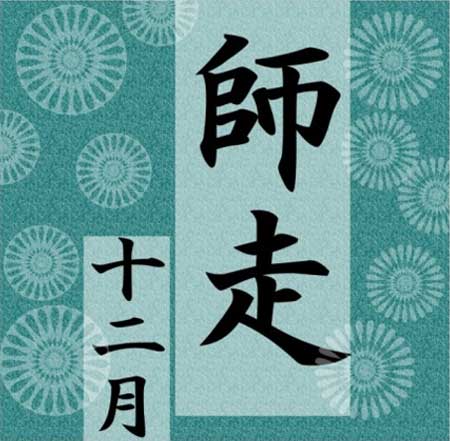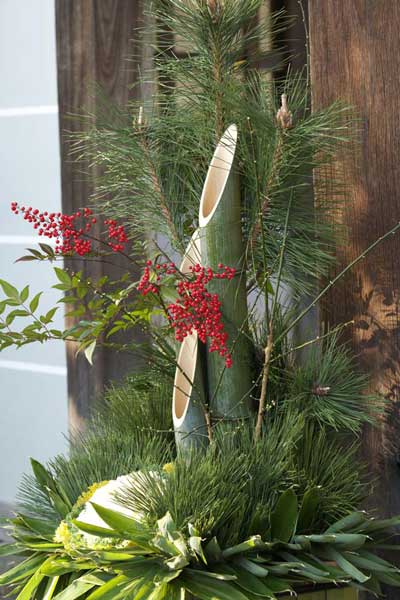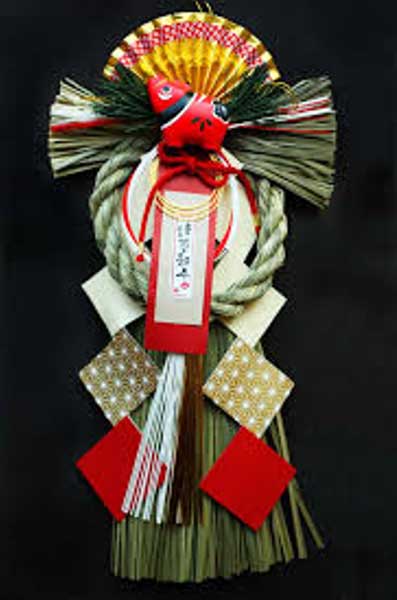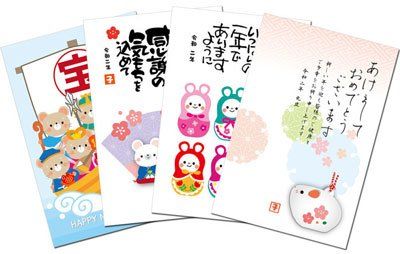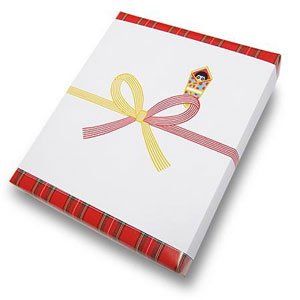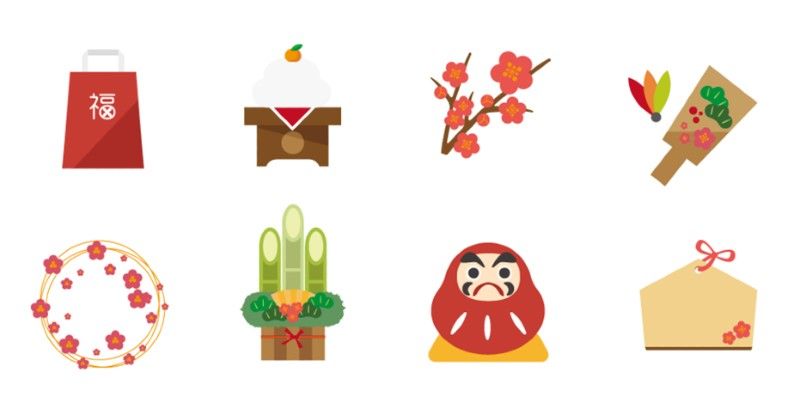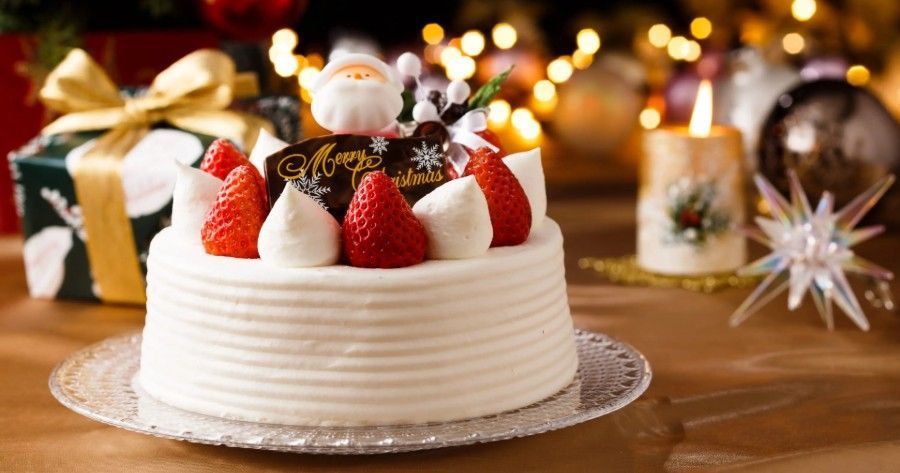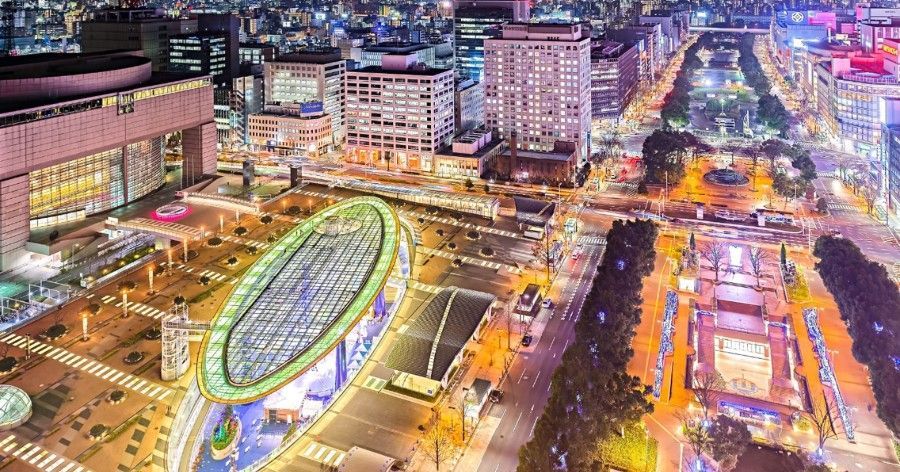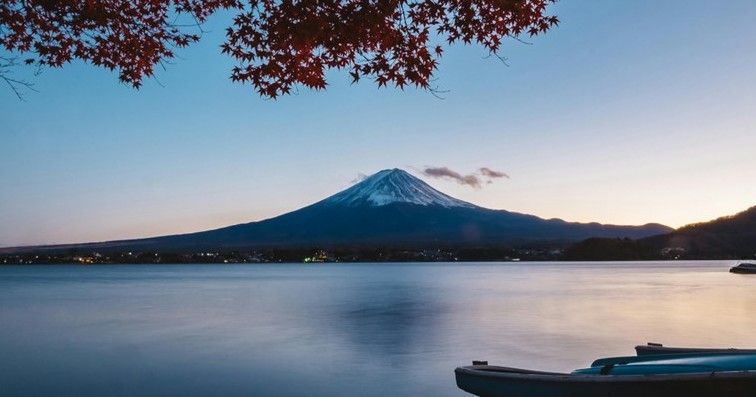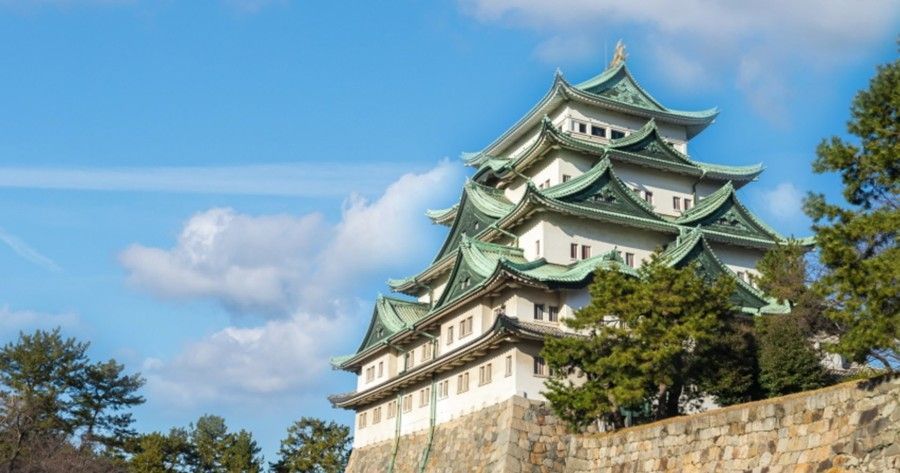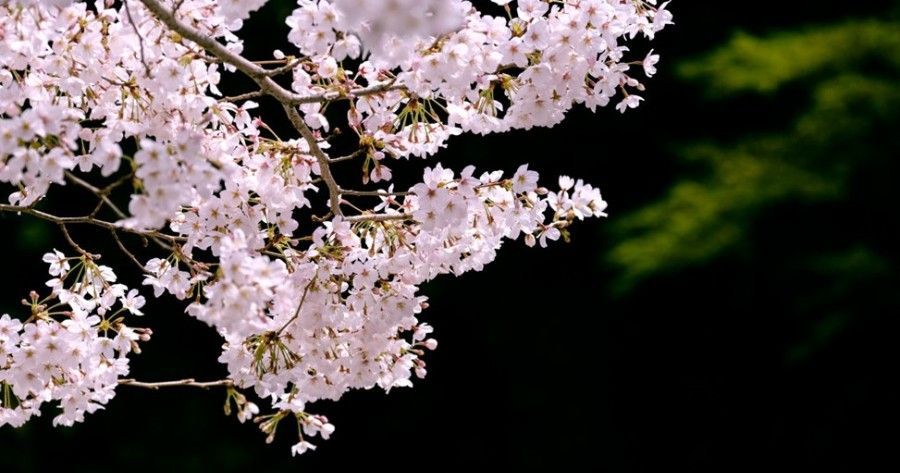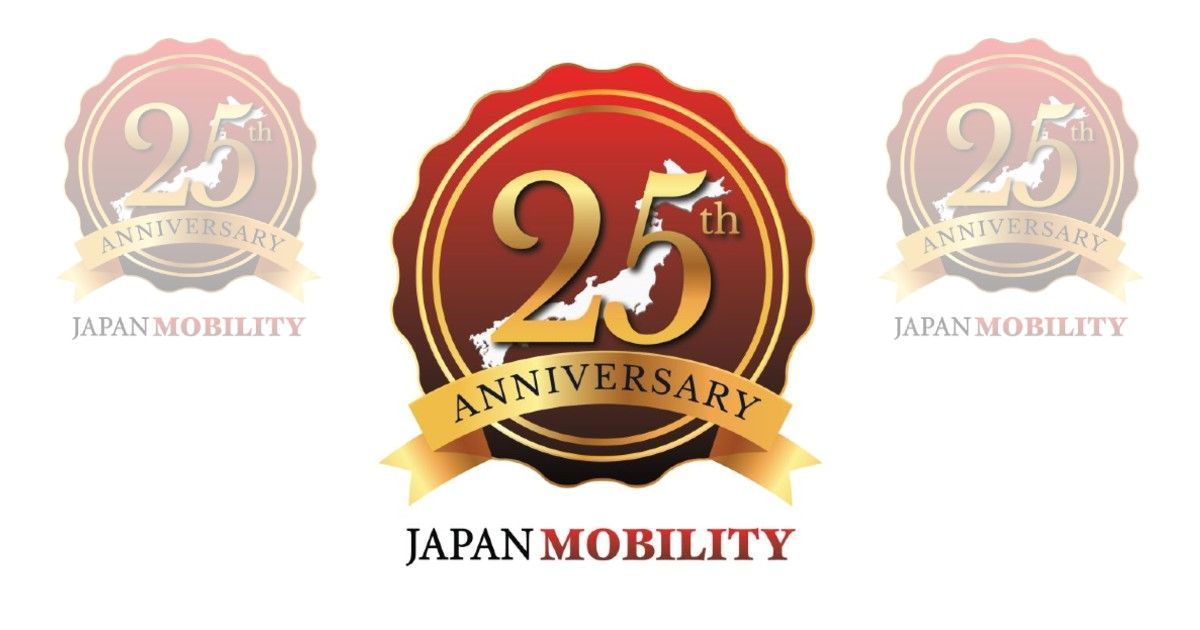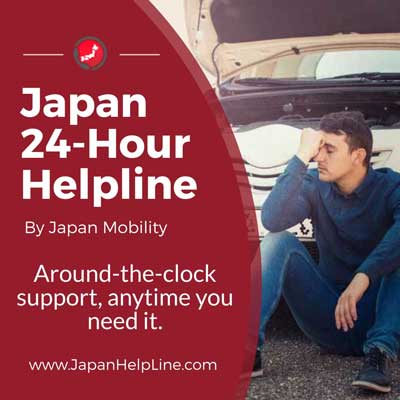Running Around, The Busiest Month of the Year!
Shiwasu 師走 (12月)
Many lights illuminate the streets and cities and the holiday mood is felt in December in Japan. December was once called, “Shiwasu” (師走) in the old Japanese language. Each month had its own name, but Shiwasu is still used in the modern society the most as the expression of how busy people are around this time of year.
The first character, 師, means "monk" or “master” and the second, 走, means "to run". There are several stories outlining the origin and root of the term but the most commonly known story is that the month of December is so busy that even monks (who are usually calm) have to “run around” and get us to pray.
Here we'll introduce how the coming new year is prepared for in Japan and the cultural values behind the activities!
大掃除(Oosouji) Big House Cleaning
While "Spring Cleaning" is a common activity in the West, in Japan people generally clean the entire house before December 28th to wipe off dust for a year and welcome New Year’s good spirit to a clean abode. It is mostly a family activity that everyone participates in. People clean every corner of the house including the screen windows, window rails, all filters, floors, closets, attic etc. Cleaning on the 30th and 31st is usually avoided as it would be impolite to the gods to do it last minute.
正月飾り (Shougatsu-Kazari) New Year House Decoration
After the house cleaning, New Year home decorations such as
Kadomatsu,
Kagami-mochi, and
Shime-kazari are displayed at the house entrance, main gate or door. December 29th is said to be a bad day for cleaning and decorating as "29" can be read as "suffer" in Japanese.
Kadomatsu: Made of bamboo and pine trees. This is a sign for the gods to find the way to your house.
Kagami-mochi: This is an offering to the gods but also a place for them to sleep or stay. This is put in the most prestigious room (such as the alcove in a Japanese room or living room).
Shime-Kazari: This is an amulet usually hung on the door to show your house is sacred.
年賀状 (Nengajo) New Year's Card
People write and send out New Year’s cards, usually with the coming year’s Chinese zodiac animal on it, to their friends, family, colleagues, business partners, etc. Send cards by mail before Christmas so they can be received on New Year’s Day. One should avoid sending a New Year’s Card to people who have lost a family in the past year.
おせち (Osechi) A Special New Year Food
It has become more and more common to buy Osechi from a market rather than cooking it at home nowadays. In more traditional families, people spend a couple of days cooking and preparing Osechi.
Osechi is comprised of several small colorful delicate dishes that served in small boxes and enjoyed on the New Year holiday. All of the dishes have their own meaning or wish. For example, black beans are called "mame" in Japanese and this can also mean “hard work”. Salted herring roe is eaten to pray for the prosperity of one’s descendants. Because of their many holes, Lotus roots are for a happy future without obstacles.
お歳暮 (Oseibo) Winter Gift-giving
Oseibo is one of the two gift giving traditions in Japan. The other is done during Obon in August. This gift is to show your appreciation to people who you worked with or superiors, such as your boss, business clients, landlord, doctor etc. There are many online catalogs and gift sections at department stores around this time of a year.
These 5 activities make this month busier but definitely bring you pleasant feelings as you take time to caring for your family, house, friends in these preparations.





